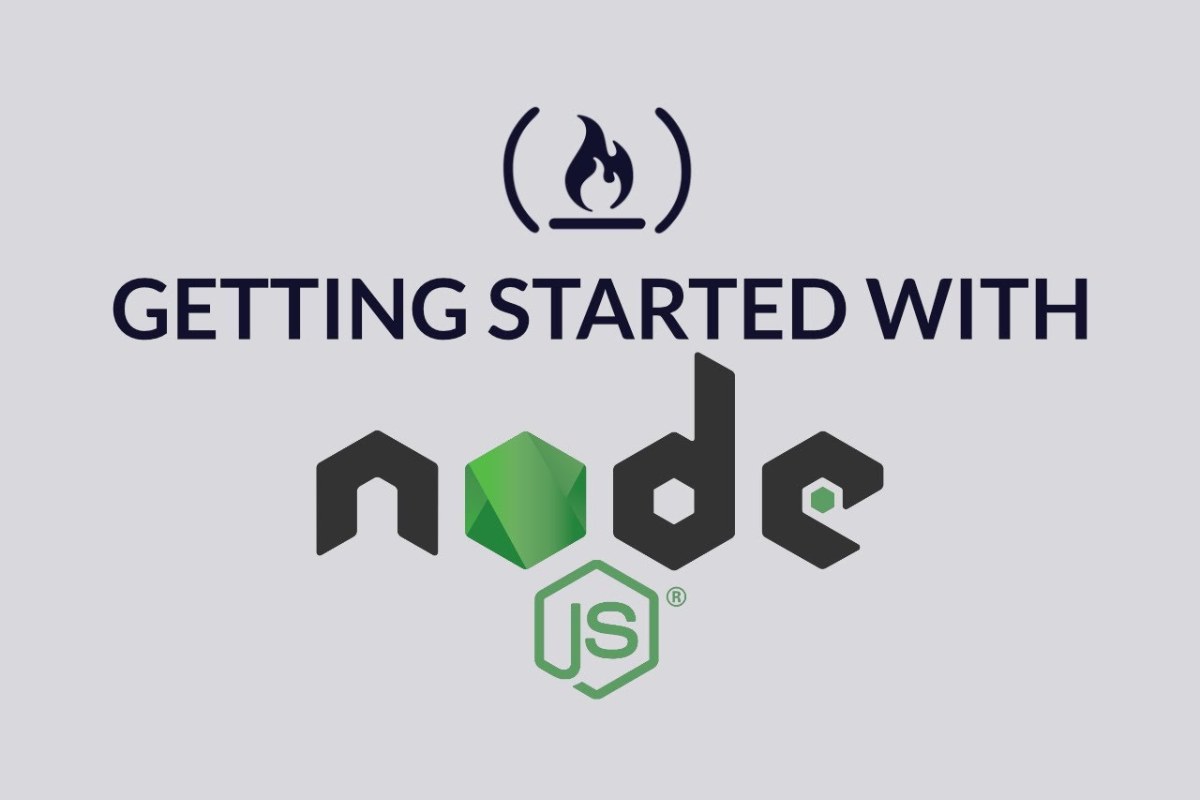Table of Contents
Node JS
Node JS is a JavaScript cross-platform and open-source environment that remains often favoured by developers to create back-end services like web and mobile applications. Being based on Chrome’s V8 engine, Node offers unique features making it attractive for web developers. And good news for you it’s also easy to learn and work with. Here’s a guide on how you can get yourself started with [node JS].
How to Learn Coding with Node JS
You cannot start with learning [Node JS] if you are shaky on JavaScript concepts. Usually, the roadmap for learning [Node JS] starts with the basic introduction, its installation, acquainting yourself with NPM, JSON File, its frameworks, databases, and other fundamentals. Here are ways you can learn Node JS.
- Online Videos – If you remain somewhat already acquainted with this runtime platform and JavaScript as a whole, then you wouldn’t need a second guide as much. There are plenty of online videos by the best of developers that can help you resolve and strengthen yourself in working with Node JS.
- Tutorials: There are online tutorials to help you get started and work with [Node JS], but be careful about your sources.
- Courses: The easiest and time-sensitive way to learn is to get yourself a Node JS certification by attending a well-laid out course that will not only help you get started but master working with Node JS in a matter of a few days. And if you’re not sure of a reliable source, Zeolearn is your answer to an immersive learning environment where you can master yourself in {Node JS} and many other essential JavaScript.
- Books: If you have the time, energy, and motivation, you can always invest in a few good books and acquaint yourself with [Node JS] and its intricacies.
A Few Tips on Working with Node JS for Beginners
● Understanding Node JS Modules and Frameworks
Now it is obvious you won’t be aware of all the hundreds of packages that back Node JS. However, to get yourself on an efficient and smooth workflow, you must at least be comfortable with interacting with the most useful ones like Express, Gulp, Async, JSHint, MySQL, and so on.
● Organizing into Modules
Writing long pieces of code isn’t helping anyone, especially not you. To work better with this scalable runtime environment, you need to get into the practice of modularizing your code. Especially when you working on the more complex applications of {Node JS}, due to its asynchronous nature, you’ll find the practice helpful.
● Asynchronous Coding is the Way to Go
You can of course work your I/O operations synchronously but to avoid your resources from continuously getting block. And hampering the web application performance overall, you need to embrace asynchronous code. You can ensure smooth function, larger handling of operations, and avoid the call-back hell, with asynchronous coding.
● Using Containers
Containerizing is an essential way forward, especially with Node JS. If you wish to enjoy the benefits of Node to their fullest. Docker is a popular container that helps secure your deployments, an essential priority with web development. But containers remained just limited to security and offer many perks you’d want to get on.
Don’t overwhelm yourself, {Node JS} is essentially easy and straightforward to learn. Hope this has been helpful, train yourself and get coding!

